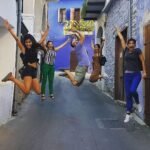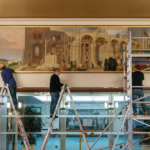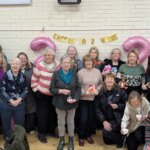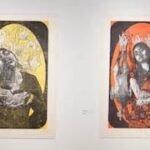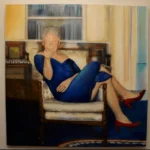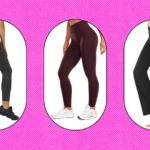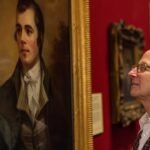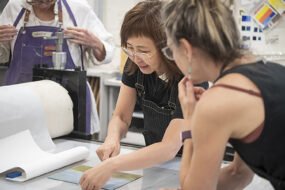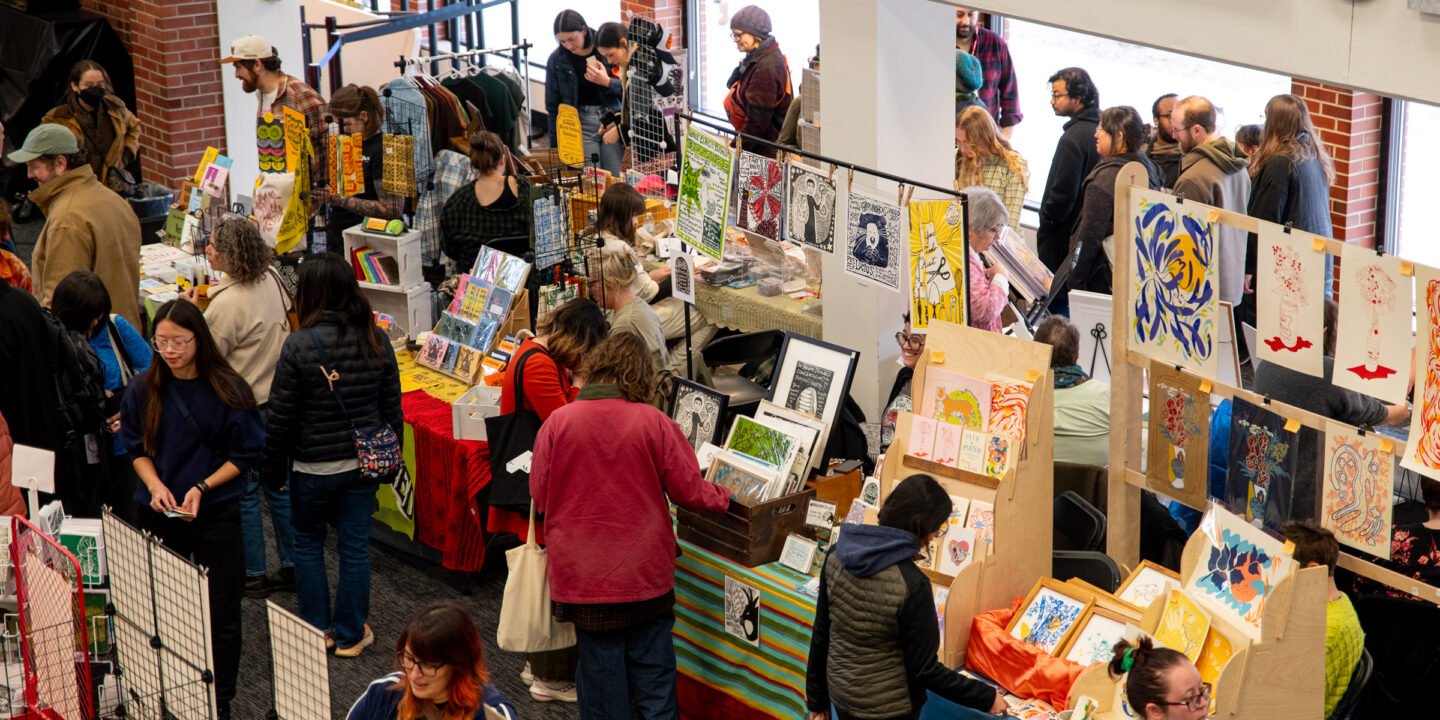
University of Michigan students and Ann Arbor community members gathered at the Ann Arbor District Library Saturday afternoon to explore the art of printmaking through interactive workshops, speakers, exhibits and more than 50 artist vendors. At the all-day Printmaking Festival, three speaker events throughout the day highlighted printmaking as a form of social commentary, the history and evolution of the Arabic letterpress and the process of Risograph printing.
Printmaking is an ancient art form that allows artists to create multiple copies of original art or text through various methods, including screen printing, lithography, letterpress and block printing. At the festival, visitors were able to use a printing press or try their hand at paper marbling in hands-on workshops. In addition to the art displayed at vendor tables, the lower and third floors held exclusive exhibits from artists Ingrid Ankerson and Paloma Nuñez-Reguiero.
In an interview with The Michigan Daily, Sherlonya Zobel, AADL deputy director and an event organizer, said the festival hoped to include people with varying levels of experience and from diverse artistic backgrounds.
“Some people are here because they love screen printing, and some people are here because they’re like, ‘Wait, is that thing that I saw printmaking? Maybe I am going to go see it,’” Zobel said. “Some people follow particular artists. I think that there are a lot of hooks into printmaking.”
Visitors walking into the library were met with a room full of vendors selling a variety of art, such as greeting cards, bookmarks, clothing, stickers and towels — all created with some form of printing.
In an interview with The Daily, Shayla Johnson, owner of Scarlet Crane Creations and vendor at the festival, said she has always loved printmaking and enjoyed the educational aspect of the event.
“I have always enjoyed blending 2D and 3D media, … so that has been my first love, and I continue to develop and explore with natural dyes and just try to keep it fun,” Johnson said. “I have a neighbor here who is just so amazing at educating folks on the process of screen printing… Just the knowledge and passion for the craft, it’s been my favorite thing to see.”
Later in the afternoon, designer and printmaker Aya Krisht held an informative presentation on the history of Arabic letterpress and the challenges of adapting Arabic calligraphy for printing technology. At the event, Krisht said the limited character capacity of modern keyboards popularized a simplified version of Arabic script.
“A standard monotype keyboard has only 90 keys and capacity for 90 characters, so when the Arabic font becomes super reduced to just 90 characters, it’s the bare minimum of required characters for representing the script,” Krisht said. “The commercial dominance of these technologies means that this simplified form of Arabic becomes widespread, and it reshapes the understanding of what the Arabic script is to something that is far removed from its original nature.”
Krisht continued describing the effects of colonialism and industrialization on Arabic typography as well as modern efforts at cultural preservation and the revival of Arabic movable type. In an interview with The Daily, LSA sophomore Divya Thumma said she enjoyed the talk because of its focus on cultural and linguistic change.
“It’s really cool to see how history can change things like language over time,” Thumma said. “Not just through spoken language, but also written language. It’s really interesting to see how there’s a loss of culture, but also the gain of a new one.”
Zobel said the event brought the community together and spotlighted the art of printmaking in a unique way.
“We stand and greet people, and it’s super fun to see familiar faces but also seeing people we haven’t seen before,” Zobel said. “This is an amazing opportunity for people to come use their library. I think that we all see printmaking out and about, and I think that one form or another has spoken to pretty much everybody.”
Daily News Contributor Shaye Smith can be reached at sshaye@umich.edu.

